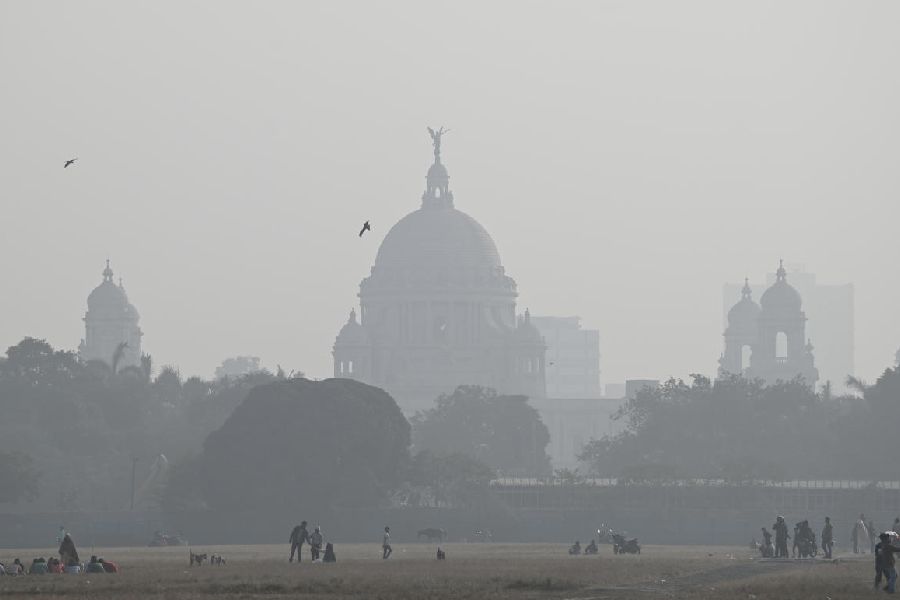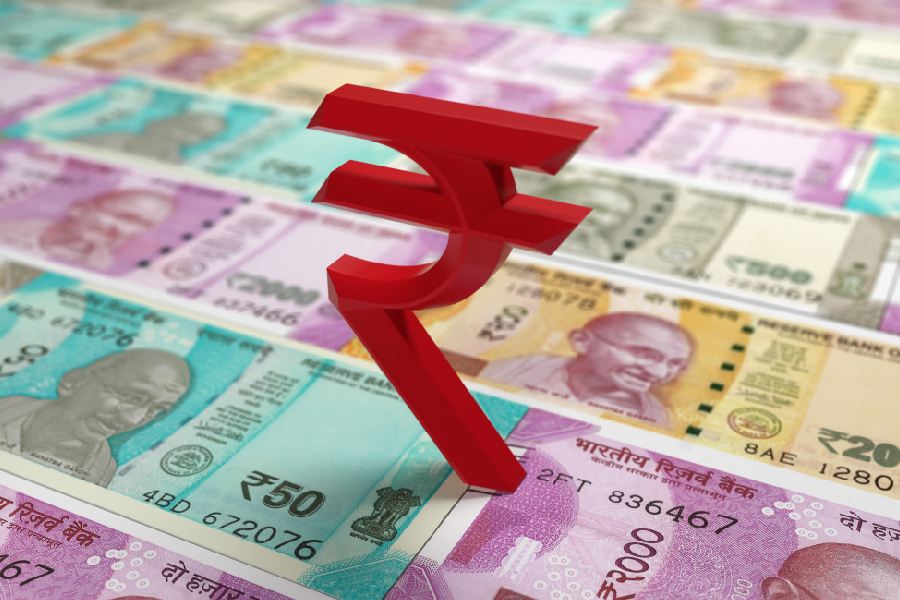Women will bear the brunt of extreme heat as more frequent heatwaves on a warming planet pose a growing threat to their work, earnings and lives, researchers have warned.
The impacts of rising heat are disproportionately dangerous and costly to women — be it at home or on the job — according to a report titled “The Scorching Divide” by the Adrienne Arsht-Rockefeller Foundation Resilience Center (Arsht-Rock).
The US-based non-profit’s research, which analysed India, Nigeria and the US, said that extreme heat could kill 204,000 women annually across the three countries in hot years.
“Extreme heat is quietly but profoundly brutalising women worldwide,” said Kathy Baughman McLeod, director of Arsht-Rock. Heat creates a “double burden” for women, the report warned.
“Women are not only more susceptible to physically getting sick from heat, they’re also disproportionately expected to care for everyone else who’s sick from heat, whether that’s paid care or unpaid care,” McLeod said.
Heatwaves are breaking records around the world. The debilitating heat will take its toll on women, forcing them to work longer hours — whether outdoors on a farm, for example, or doing unpaid domestic work like cooking and cleaning at home — for less money or no income at all, the report said.
“Women in poverty are being pushed further into poverty, and women climbing out of poverty are being pulled back in,” McLeod said.
With the average number of heatwave days projected to at least double by 2050 in India, Nigeria and the US, women from the poorest and marginalised communities will suffer the biggest blow to their productivity, the report found.
Much of these heat-related productivity losses — pegged at about $120 billion each year across the three countries — are in the context of unpaid household work and linked to lack of access to domestic cooling equipment, according to the research.
In nations such as Nigeria, where heat exacerbates symptoms of tropical diseases from malaria to yellow fever, mothers bear the “double burden” of looking after themselves and caring for sick family members, amounting to hours of unpaid work. Doctors in Nigeria, who experience frequent power cuts, are calling for better-ventilated hospitals
Reuters










